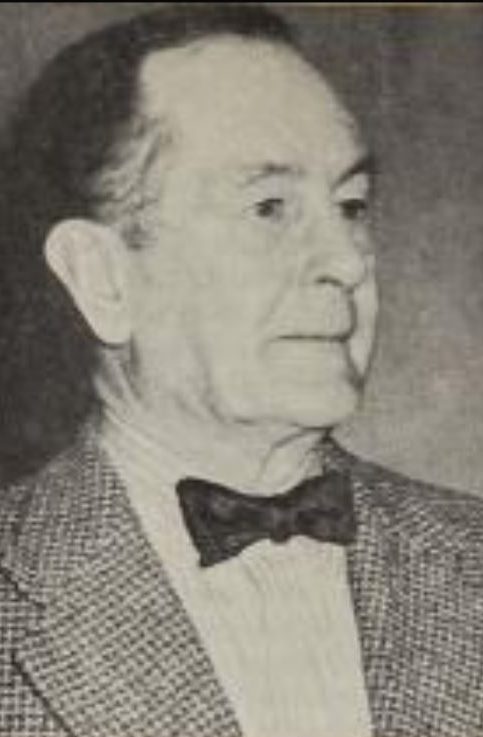
Samuel Eliot Morison was professor of history at Harvard University. During World War I he served as a private in the US Army. He also served as the American Delegate on the Baltic Commission of the Paris Peace Conference until June 17, 1919. Earlier in his career, he was Harmsworth Professor of American History at Oxford University. Morison was Commodore of the Harvard Columbus Expedition, which led to his book Admiral of the Ocean Sea, a biography of Columbus. This work won him the Pulitzer Prize. During the Second World War, he was the historian of the United States naval operation. Morison authored several prominent works in his field, including John Paul Jones: A Sailor’s Biography (1959), which also won a Pulitzer, and The Oxford History of the American People (1965). Other awards include two Bancroft Prizes, the Balzan Prize, the Legion of Merit, and the Presidential Medal of Freedom. He died in 1976.
Morison gave three lectures: Political Freedom, Economic Freedom & Academic Freedom. Each lecture provided a historian’s perspective on the topics. In his first lecture, Morison outlined the story of political freedom from the Greek and Roman worlds, tracing it to the British and American contexts of the past 350 years. He emphasized that three basic concepts of liberty stretched from Britain to the American colonies; government under law, government by consent and civil rights. Yet, Morison claimed that growing democracy did not contribute to the growth of political freedom in the U.S, because political education, religious sanction, and intelligence and character were declining. Morison sought a middle way to address the communist threat through a resurgence of Christian and ancient ethics to “conquer” the fear of communism, mediating between the American and British over-response and under-response. The renewal would restore the ancient idea of Natural Rights, which was lose as the focus shifted from political to economic freedom. Morison provided two definitions of economic freedom. The common definition is an international one which assumes that the economic field includes free trade and currency exchange. Yet, in the domestic field, it is the freedom to choose your profession/occupation and free competition at all levels. This system was reliant on inherited ethics and on people valuing integrity and justice over wealth and comfort. He saw economic freedom as only possible through a Christian commonwealth guided by religious ethics. He concluded his series by focusing on academic freedom, arguing for the restoration of higher standards in academia to protect academic freedom, as he saw universities turning into “degree mills” more concerned with financial growth than education.
An editorial highlighted the incongruence between Morison’s belief that communists should be excluded from university teaching and federal government positions and his belief that academic freedom included the right to free speech without being dismissed from one’s position. Instead, the editorial suggested, the response to communism should be the constant effort to improve the functioning of democracy, as citizens who were happy would not be tempted by communism.
Listen to an excerpt of Morison’s lectures or read the full transcript below.